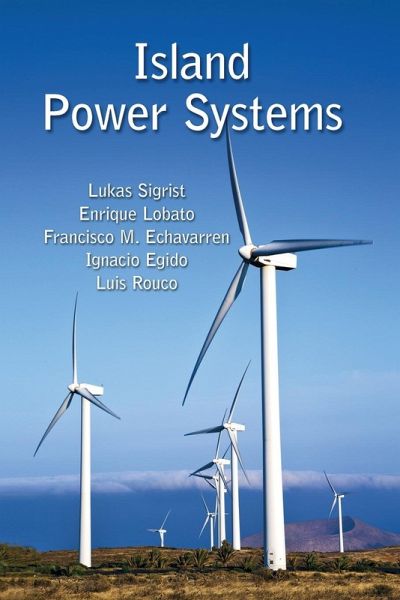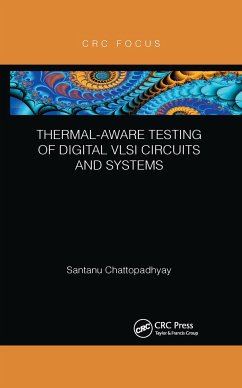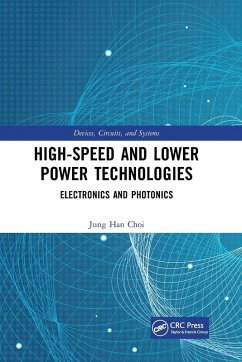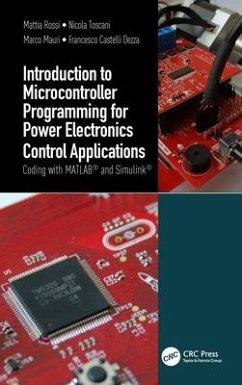
Island Power Systems
Versandkostenfrei!
Versandfertig in 1-2 Wochen
62,99 €
inkl. MwSt.

PAYBACK Punkte
31 °P sammeln!
A major concern of island power systems is frequency stability. A power system is said to be frequency stable if its generators are able to supply their loads at a frequency within acceptable limits after a disturbance. Frequency instability occurs if load-generation imbalances are not corrected in appropriate manner and time. Since island power systems are more sensitive to frequency instability than large ones due to the smaller number of generators online and the lower inertia, they require a larger amount of primary reserve per generator. This book provides a worldwide overview of island p...
A major concern of island power systems is frequency stability. A power system is said to be frequency stable if its generators are able to supply their loads at a frequency within acceptable limits after a disturbance. Frequency instability occurs if load-generation imbalances are not corrected in appropriate manner and time. Since island power systems are more sensitive to frequency instability than large ones due to the smaller number of generators online and the lower inertia, they require a larger amount of primary reserve per generator. This book provides a worldwide overview of island power systems, describing their main features and issues. Split into two parts, the first part examines the technical operation, and in particular, frequency stability of island power systems and its technical solutions, including more efficient underfrequency load-shedding schemes. The chapters explore both conventional and advanced load-shedding schemes and consider the improvement of these schemes by making them more robust and efficient. Advanced devices are modelled and analyzed to enhance frequency stability and reduce the need for load shedding. In the second part, the economic operation of island power systems is explored in detail. For that purpose, regulations and economic operations (centralized vs. market scheme) are reviewed by the authors. The authors discuss models for renewable energy sources and for advanced devices and systems such as demand-side management, energy storage systems, and electric vehicles. This book will be critical reading to all researchers and professionals in power system planning and engineering, electrical/power delivery, RES and control engineering. It will also be of interest to researchers in signal processing and telecommunications and renewable energy, as well as power system utility providers.














